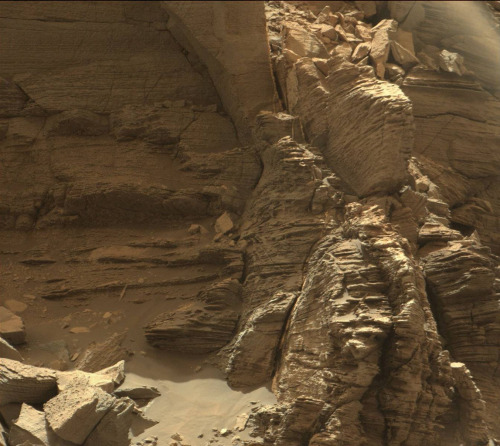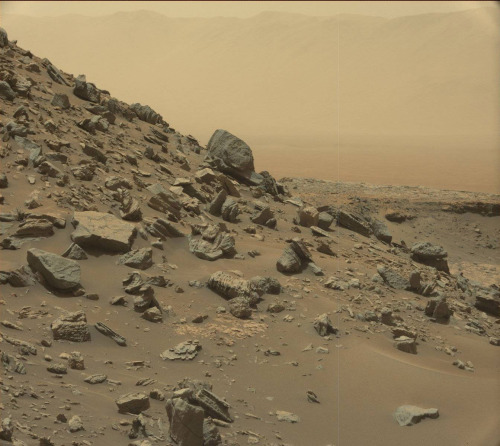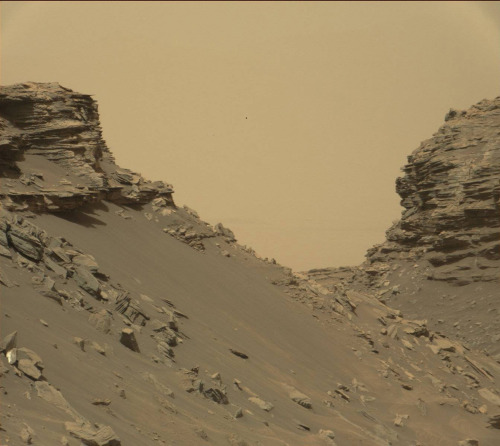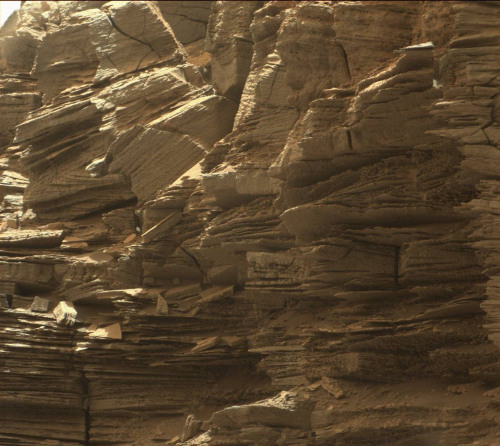Pizza, Coca-Cola, And Arguments Over Unity.

Pizza, Coca-Cola, and arguments over Unity.
More Posts from Paratus-simulator and Others
Another kind of trip.










Eerie And Dreamy Science Fiction Paintings Of Astronaut Exploring The Earth
Artist Scott Listfield paints surreal pictures of an astronaut exploring urban landscapes filled with subliminal messages of consumerism references to pop culture and iconic movie scenes and characters. Find his work in his Society6 shop.
Keep reading
Awesome!
ISSUE №95 - unidentified flying objects with unique characteristics

Oh my! Can’t wait to tell you the good news about our Hello, Neighbor! game.
First of all we’ve moved from the prototype stage, with a non-structured and quickly coded project base, to a well-organized and structured architecture. For that reason we’ve refactored some of our C++ core game code and carefully moved all of the previously created game resources to the new multi-platform structure. I can call it routine, but it is needed for future work with that zoo - Windows, Linux, MacOS.
Neighbor is gonna have to meet and study old familiar stuff again – bed and sleeping, kitchen tools, shower, TV, steel trap, flying tomatoes, etc.

And he learned new things! Neighbor can call the phone, fool around on the elevator, and is now extremely capable with bananas, as well as a host of other things.

You can ask, why the hell does he need the elevator? Because his house has become a little bigger from the prototype stage. Did you see the concept art for Neighbor’s mansion? Here it is:

And now we bring it to the game.

We would like to keep some aces up our sleeves and keep the house interior secret, but yes, we are going to show some new pictures. Of course you remember, don’t show anyone this top secret stuff!

During the refactoring period we caught some funny bugs. It’s nice but you won’t see them in the final release - unless, of course, they transform into a feature. Mua-ha-ha!
LINK 1 [[[ GIF ]]]
LINK 2 [[[ GIF ]]]
Lawn? Where we’re going, we don’t need lawn!

Okay, that’s all for today. And finally here is a little riddle for you guys - what have a shark, a school teacher and an elevator got in common?
Think about it. I’ll give you an explanation next time.
Our universe seems to be getting bigger and bigger.
10 Times More Galaxies!
The universe suddenly looks a lot more crowded…
We already estimated that there were about 100 billion galaxies in the observable universe, but new research shows that this estimate is at least 10 times too low!

First, what is the observable universe? Well, it is the most distant part of the universe we can see from Earth because, in theory, the light from these objects have had time to reach Earth.

In a new study using surveys taken by the Hubble Space Telescope and other observatories, astronomers came to the surprising conclusion that there are at least 10 times more galaxies in the observable universe than previously thought. This places the universe’s estimated population at, minimally, 2 trillion galaxies!

The results have clear implications for galaxy formation, and also helps shed light on an ancient astronomical paradox – why is the sky dark at night?
Most of these newly discovered galaxies were relatively small and faint, with masses similar to those of the satellite galaxies surrounding the Milky Way.

Using deep-space images from the Hubble Space Telescope and other observatories, astronomers converted the images into 3-D, in order to make accurate measurements of the number of galaxies at different epochs in the universe’s history.
In addition, they used new mathematical models, which allowed them to infer the existence of galaxies that the current generation of telescopes cannot observe. This led to the surprising conclusion that in order for the numbers of galaxies we now see and their masses to add up, there must be a further 90% of galaxies in the observable universe that are too faint and too far away to be seen with present-day telescopes.

The myriad small faint galaxies from the early universe merged over time into the larger galaxies we can now observe.
That means that over 90% of the galaxies in the universe have yet to be studied! In the near future, the James Webb Space Telescope will be able to study these ultra-faint galaxies and give us more information about their existence.

So back to the question…Why is the sky dark at night if the universe contains an infinity of stars? Researchers came to the conclusion that indeed there actually is such an abundance of galaxies that, in principle, every patch in the sky contains part of a galaxy.
However, starlight from the galaxies is invisible to the human eye and most modern telescopes due to other known factors that reduce visible and ultraviolet light in the universe. Those factors are the reddening of light due to the expansion of space, the universe’s dynamic nature, and the absorption of light by intergalactic dust and gas. All combined, this keeps the night sky dark to our vision.
Make sure to follow us on Tumblr for your regular dose of space: http://nasa.tumblr.com

Marvin created a displacement map from the moon landscape by the U.S. Geological Survey (USGS). He's still working on this, but it looks like it's coming along!




New pictures from Mars. Via: http://www.jpl.nasa.gov/news/news.php?release=2016-236
-
 paratus-simulator reblogged this · 8 years ago
paratus-simulator reblogged this · 8 years ago








